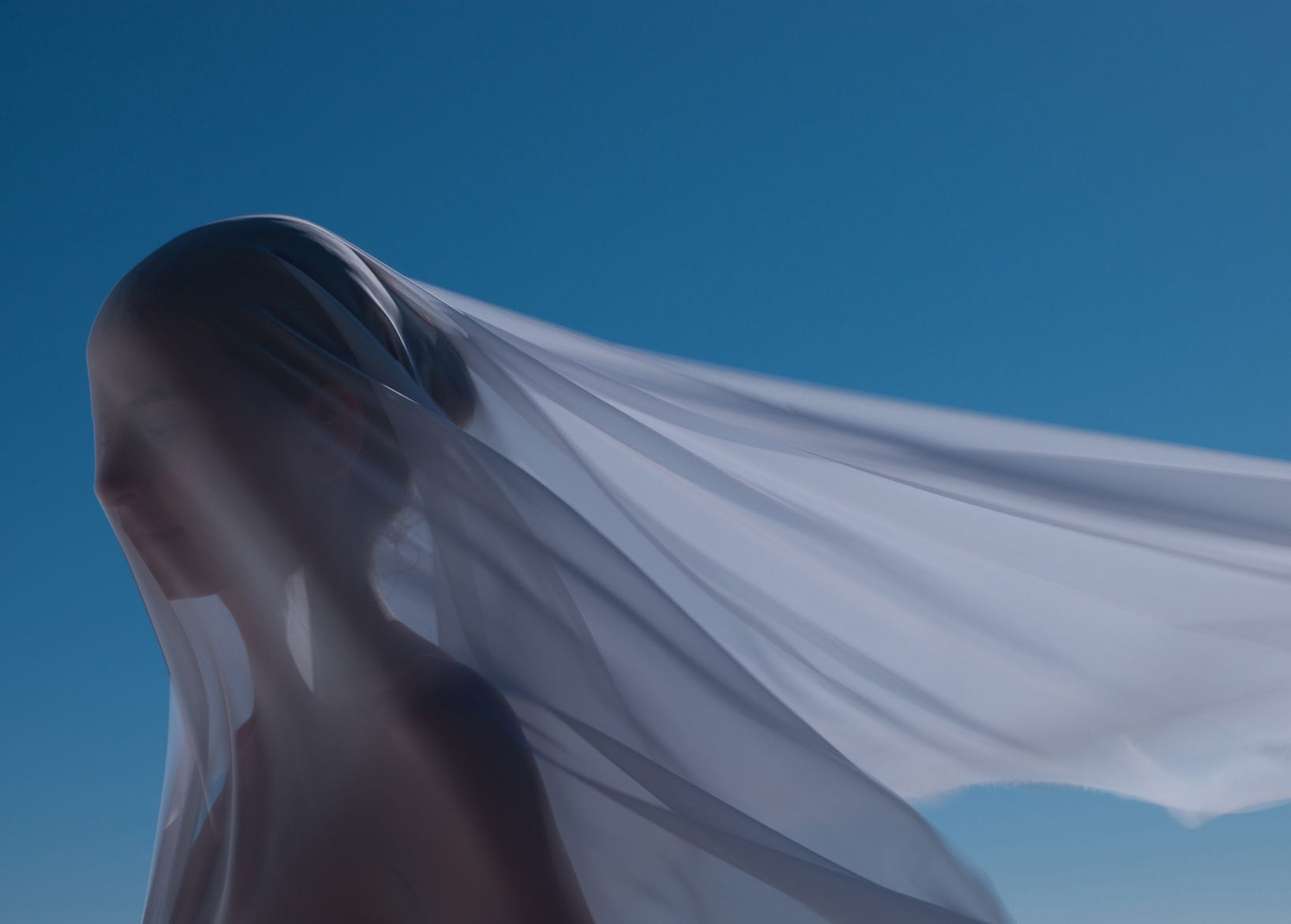The Broken Tooth
"I know that isn't how poems are written, but any woman you like in that way will always seem a little magic."
I went to the dentist the other day. I had not been to the dentist in more than five years. This is very foolish. Once, I went on a date with a beautiful woman, a poet. This was years ago now, but I still remember the way she looked sitting there at the bar in downtown Manhattan. Her jeans, her brown boots with the low heels. The morning after our first kiss—I had lent her the book I was reading, put her on a late train—I woke up and was going about my business when one of my teeth fell out. Well, part of it fell out. I had this one filling, and only one, given to me by a dentist in an Afghan refugee camp in my early 20s (it's a long story) and now it had fallen out and taken most of my tooth along with it. It crumbled into rubble in my mouth.
I had no money and no insurance that would cover a visit to a dentist. I was so embarrassed, to have lost a tooth, to be unable to repair it. It was fine if I didn't smile too much, but anyone who wanted to kiss me would find out.
I'm not sure what I was ashamed of more, to be so poor, or to be without a tooth, to have this ragged part of a tooth in my mouth where a real life should be. The beautiful poet texted me and I never texted her back. I wore my shame and cowardice over my head like a sheet with holes poked out for eyes. I meant to text her. I meant to tell her what happened. I had lost a tooth, that seemed bad enough. Maybe not to a person who has never been called trash, never had to escape a life of drugs, crime, or prostitution. Never seen that life claim a family member, never driven past an encampment of the homeless and wondered if someone you love is there.
I didn't know what to say about the tooth I had lost or the fact that I couldn't replace it. For a week I tried to figure out what to say. Then I needed to figure out what to say about the fact that it had been a week. I was not suited to this beautiful woman with her shiny waterfall of hair, her smart boots, her poems like spells conjured out of the air, these poems that drifted about her like smoke rings. I know that isn't how poems are written, but any woman you like in that way will always seem a little magic. It's why men have worked so hard to oppress them, to contain them, break them, put a ring of salt around their powers and burn them at the stake. I burned with shame over my lost tooth and my empty bank account and after a week of trying to figure out what to say, to explain why I hadn't texted, why I couldn't meet, or why, if we met, I couldn't open my mouth, I still had nothing. I could bring a ventriloquist’s dummy and conduct the date that way. I could wear a veil like the mysterious widow in a gothic novel, or speak only in written haikus.
I never texted. I lived with my broken-off lost tooth for a few months until I got paid. It was easy enough to talk little and smile less. I bought a replacement for the book I had lent, which was, ironically, an essay collection about empathy. I was working full time then, but my employer never paid me. It always took months and months. So we waited, my broken tooth and I. I made sure I chewed on the other side. Apples were my enemy, my main nemesis, other than myself.
I always meant to tell the beautiful poet what happened to me, but I never did. I wouldn't know how to contact her now. Maybe she will read this, but probably not. If you are reading this, Poet, what happened is this: I lost a tooth, and I didn't know how to tell you, and my shame eclipsed in my mind whatever sadness you may have felt. To everyone else, poet or otherwise, if someone you thought promising never ends up texting you back, you can assume it was something like this. Their tooth fell out, and they couldn’t replace it, and they didn't know how to tell you, and their cowardice means they were unworthy of you anyway.




